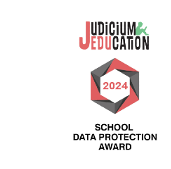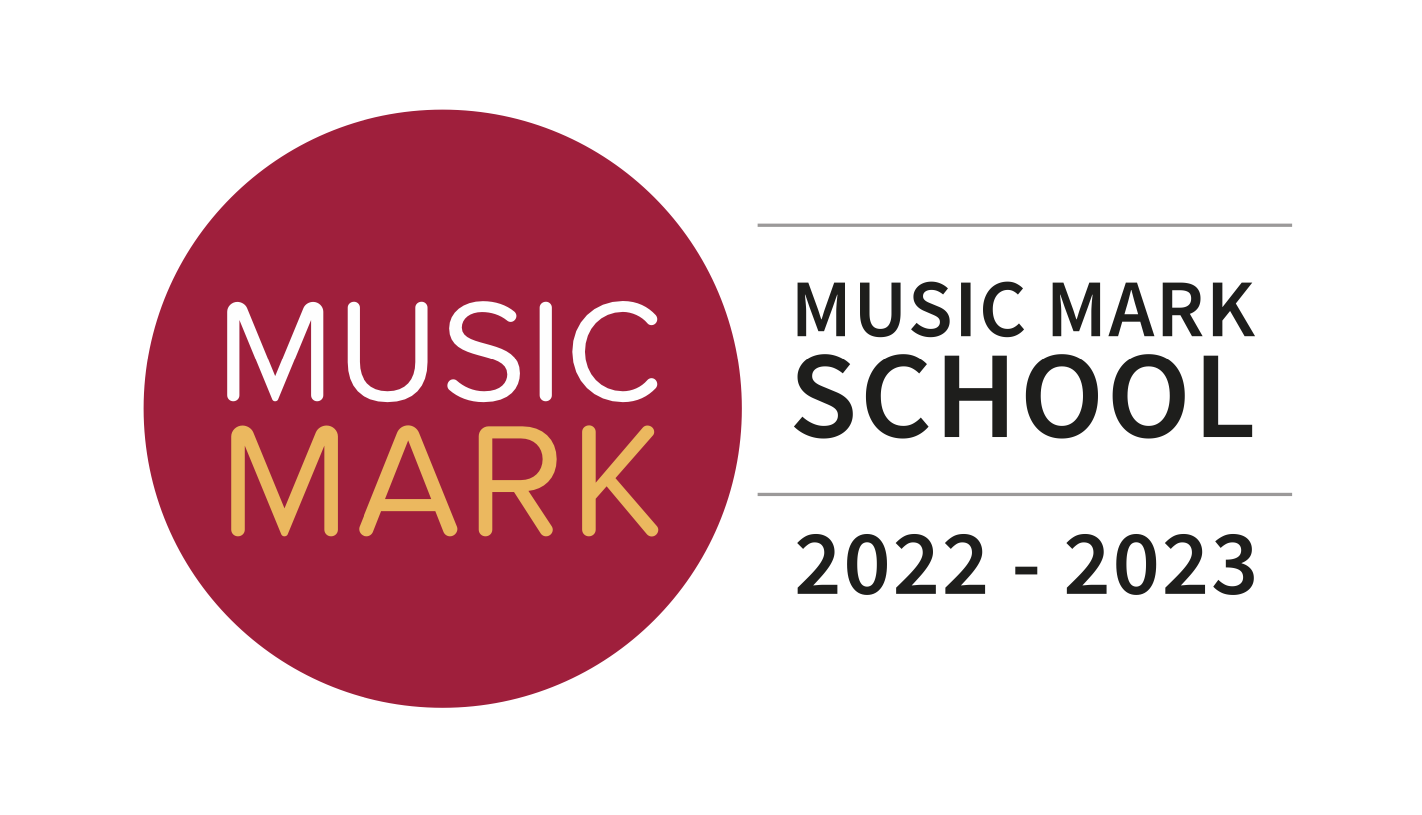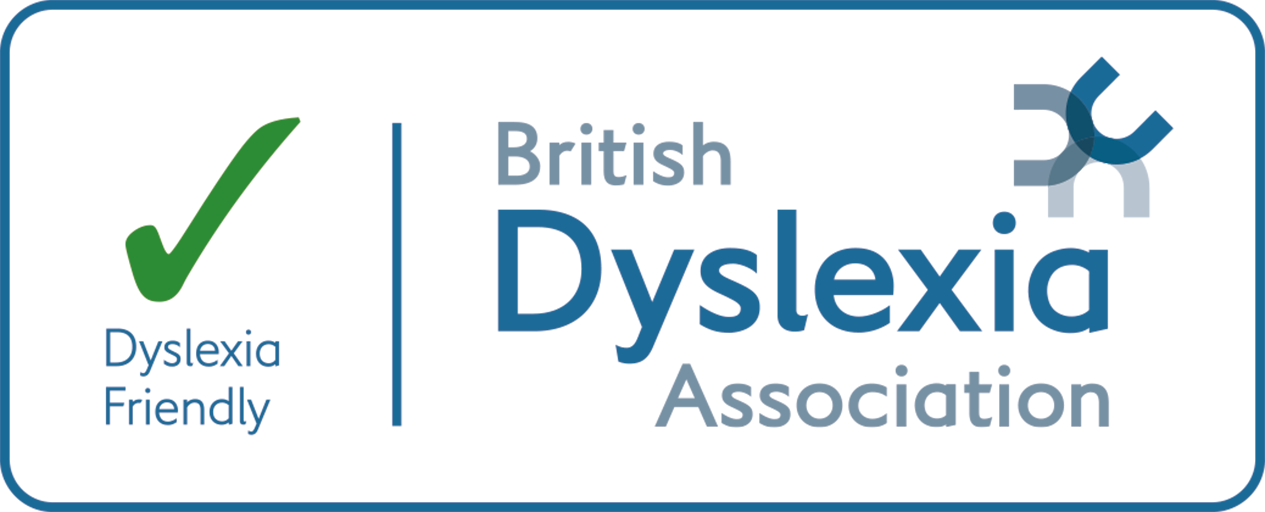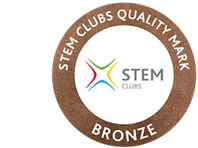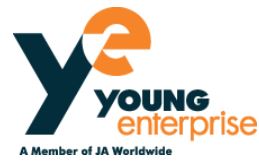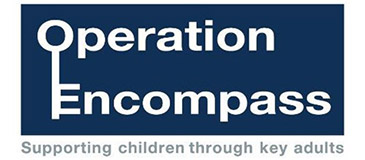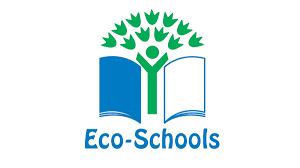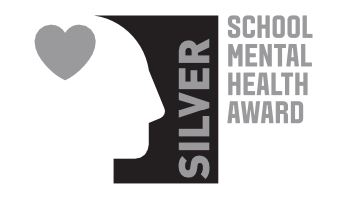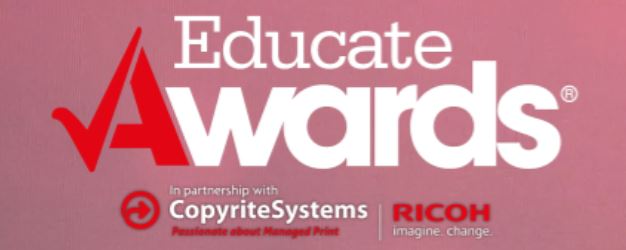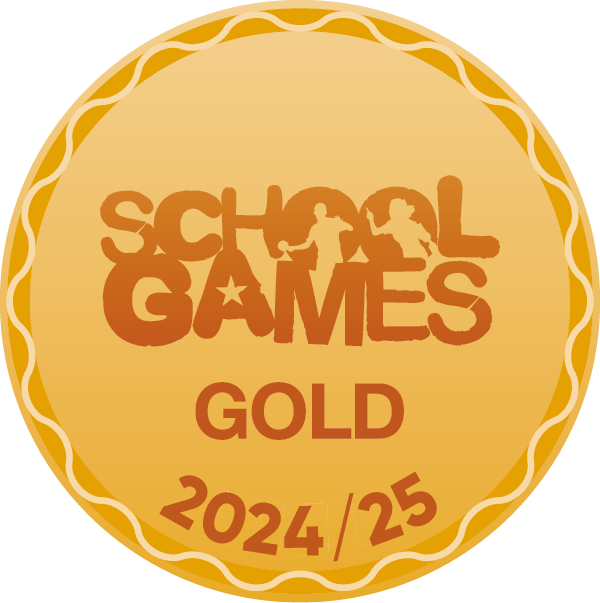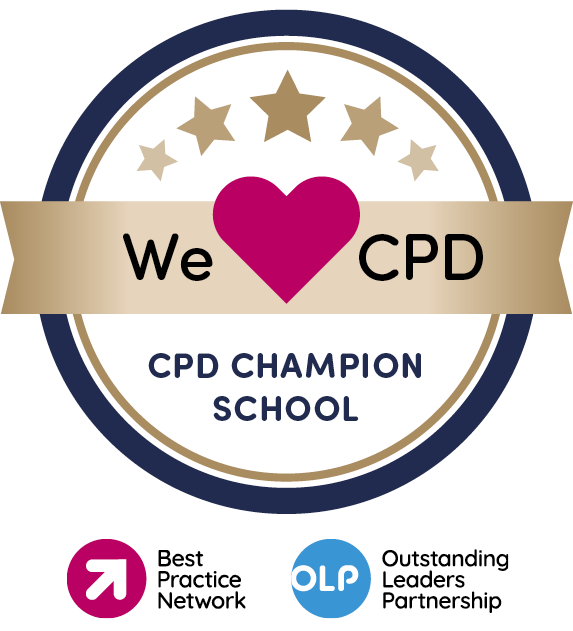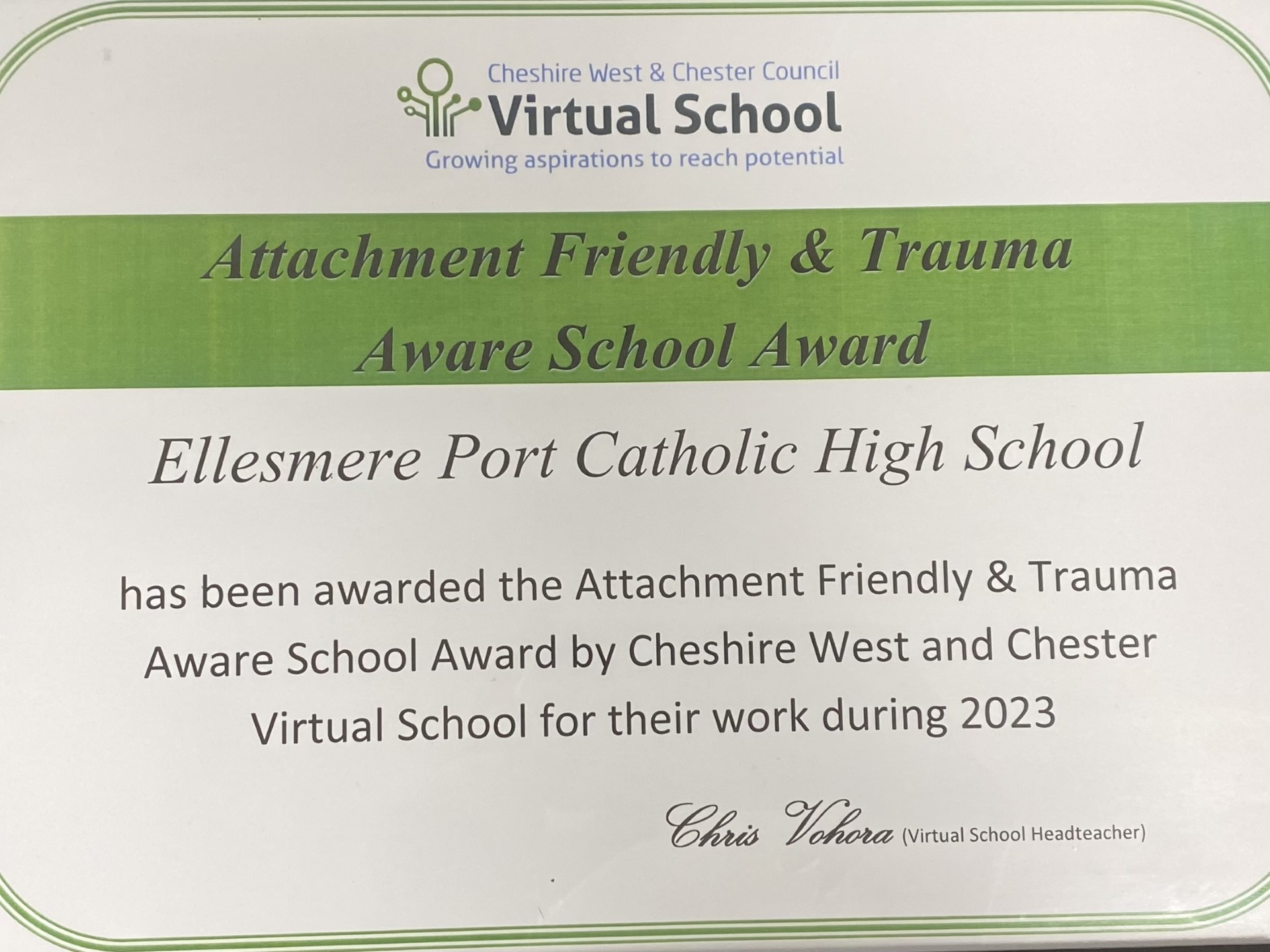Literacy
Literacy Links
Sparx Reader: https://sparxreader.com/
Lexia: http://www.lexialearning.com/
Find a new reading book: https://www.booktrust.org.uk/books-and-reading/bookfinder/
Pupil News: http://www.firstnews.co.uk/
Overcoming Dyslexia: https://dyslexiagold.co.uk/Dyslexia/OvercomingDyslexia?dc=CLPHTH
Literacy
We firmly believe that literacy is life; communicating and understanding each other are the foundations of progress. We strive to equip all students with strong literacy skills so that they can reach their full potential in school and beyond.
Our approach is guided by the recommendations of the Education Endowment Foundation (EEF), which highlight the importance of developing literacy in every subject and at every stage of learning. This means:
- Explicit teaching of vocabulary to unlock subject knowledge
- Supporting reading comprehension strategies so students can access complex texts
- Developing reading fluency and stamina to ensure accuracy and confidence
- Fostering structured talk and discussion to deepen understanding
- Targeted support for struggling readers so that no student is left behind
Across the school, we are embedding consistent strategies to strengthen these skills. As part of this, programmes such as Sparx Reader and Reading for Meaning are being introduced to give students regular, structured opportunities to practise and improve their reading both in lessons and independently.
Reading for Meaning Across the Curriculum
Reading for Meaning is a whole-school programme designed to develop students’ accuracy, fluency and stamina in reading. Used across Key Stage 3 and Key Stage 4, it provides regular opportunities for students to read challenging and engaging texts in a structured way. The focus is on helping students understand not just what a text says, but also how it creates meaning, building the skills needed for success in all subjects. By practising careful, accurate reading and developing resilience with longer texts, students strengthen both comprehension and critical thinking. Please encourage and support your child to take Reading for Meaning seriously, as regular practice makes a real difference to progress and confidence in reading across the curriculum.
Sparx Reader
is an online reading platform that supports students in developing consistent reading habits and improving comprehension. It offers a wide choice of age-appropriate texts, including fiction, nonfiction and subject-based articles, ensuring there is something engaging for every student. Interactive questions are built into the reading to check understanding and strengthen vocabulary. Students across Years 7 to 13 can earn Sparx Reader points for their reading, which are tracked and celebrated in school. Please encourage and support your child to read regularly on Sparx Reader. A minimum of 20 minutes of daily reading is recommended to help improve reading age and overall literacy skills.Literacy skills classes
Students work on their individual areas of challenge and gain confidence in the processes of reading and understanding texts as well as creating their own. The extra support gives students time to consolidate and enhance their literacy skills to access the curriculum across all subject areas.
Literacy advice for parents: Raising the Profile of Reading
Research proves that children who enjoy reading do better at school in all subjects. Reading together increases literacy skills and it’s never too early to start reading with your child.
Ensure that your children see you reading. It doesn’t matter if it’s the newspaper, a cookery book, romantic novel, detective mystery, short stories, computer manual, magazine – anything!
Encourage children to join in – ask a child to read out a recipe for you as you cook, the receipt from the big weekly shop or the TV listings when you are watching TV
Encourage your child to talk about the book. Talking about the characters and their dilemmas helps children understand relationships and is an excellent way for you to get to know each other or discuss difficult issues. Give your child plenty of time to respond. Ask them what will happen next, how a character might be feeling, or how the book makes them feel.
Reading a book together is a really enjoyable experience. As well as your child’s library book, there are lots of books that both adults and young people can enjoy. Try The Curious Incident of the Dog in the Night-Time by Mark Haddon, the Harry Potter series, or The Life of Pi by Yann Martel. Read books you can all talk about but make the talk light-hearted, not testing or over-questioning.
You can search for books that interest your child here:
And lastly, above all – make it fun! It doesn’t matter how you read with a child, as long as you both enjoy the time together. Don’t be afraid to use funny voices: children love this!
National Literacy Trust – Sharing Podcasts as a family
National literacy trust International Women’s Day Book list
National Literacy Trust – Awesome books for video games fans
National literacy trust Book List for ages 9 – 12
National literacy trust Book List for ages 13 – 16
National Literacy Trust book list for ages 16+
National Literacy Trust – reading for pleasure on screens




